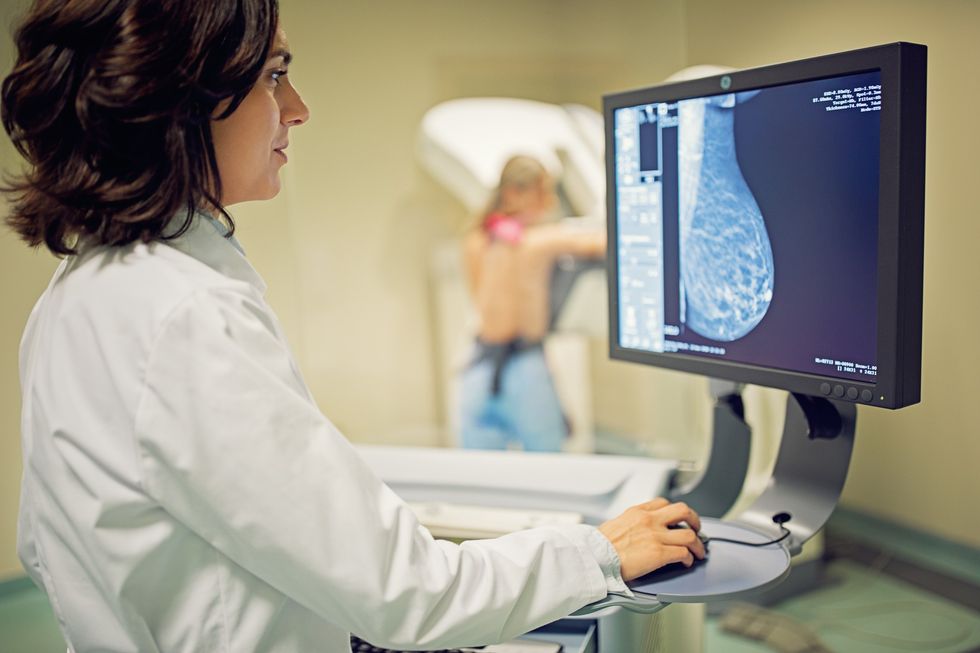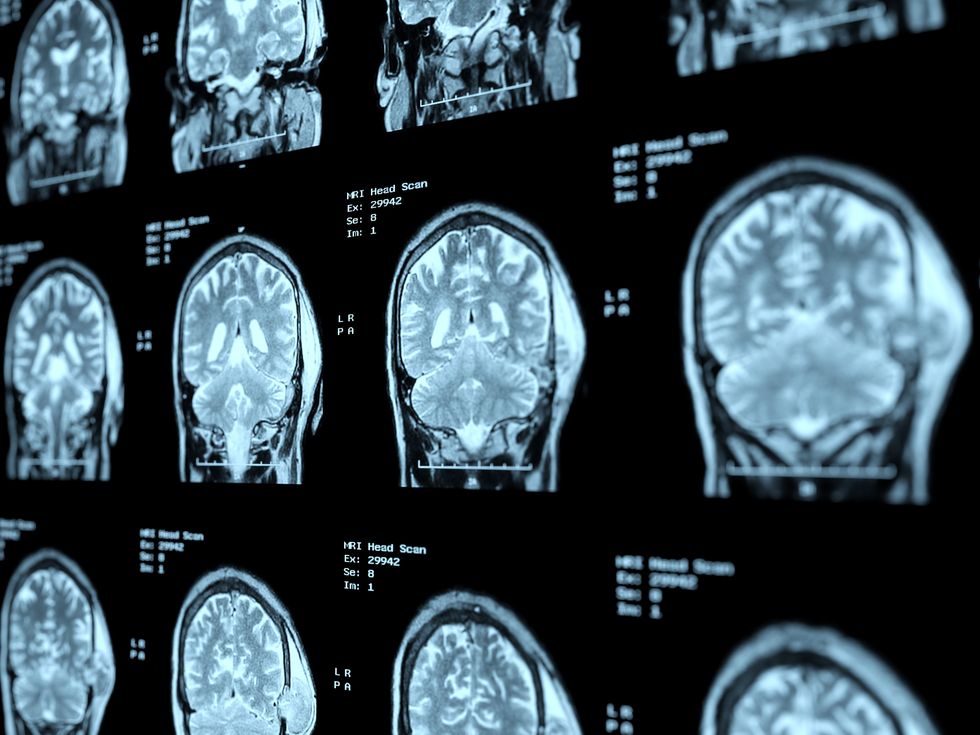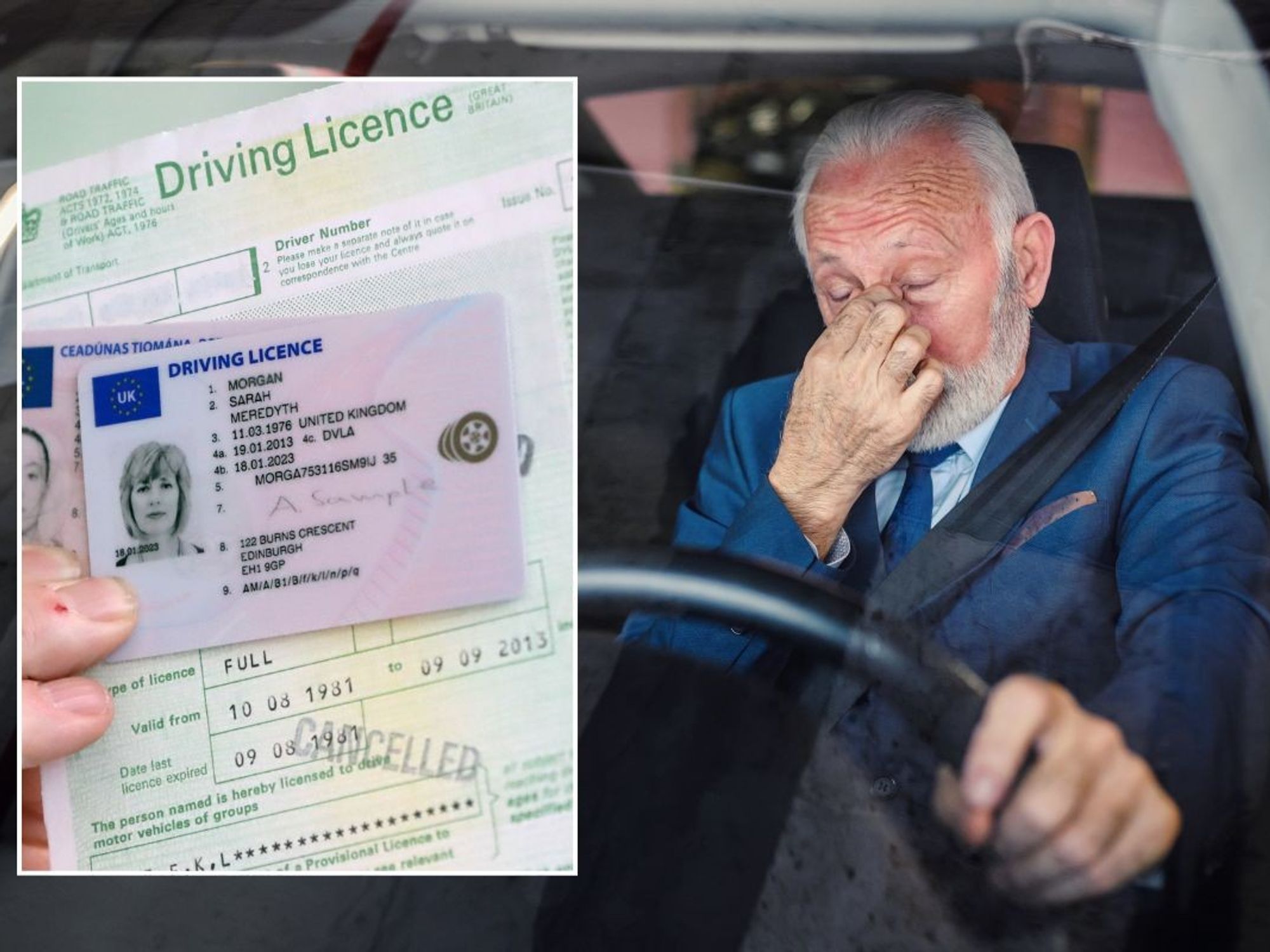The medical expert named two of the biggest contributors to cancer
GETTY
Even small lifestyle changes can contribute to reducing cancer risk
Don't Miss
Most Read
Trending on GB News
Many Britons fear cancer because of its deadly nature and tendency to spread, but adopting the right strategies could help Britons reduce their risk through simple lifestyle changes.
Physician Dr Mark Hyman explained that three key strategies - reducing sugar and starch intake, avoiding environmental toxins, and regular exercise - form a comprehensive approach to cancer prevention.
Like most health professionals, he stressed that taking early preventive action is one of the most effective ways to protect against this deadly disease.
"The two biggest drivers are diet and toxins," Dr Hyman explained, highlighting key areas where individuals can take control of their health.

Exercise and limited exposure to chemicals will reduce your cancer risk
GETTY
The expert named sugar and starch consumption as major contributors to cancer risk through insulin resistance.
"That belly fat? That is a cancer-causing factory. Pancreatic cancer, breast cancer, colon cancer, prostate cancer, and others are linked to this phenomenon of insulin resistance," he warned.
This insulin resistance can impair the liver's ability to process fats effectively.
Environmental toxins pose another significant cancer risk, according to Dr Hyman.
"We've been exposed to 80,000 new chemicals since the last century and many of these have not been tested for safety," he revealed.
LATEST DEVELOPMENTS

An increase in chemical exposure poses a risk to peoples health
GETTY
This ongoing increase in chemical exposure represents a major concern for public health, highlighting the importance of minimising exposure to environmental toxins.
Exercise is the third vital component in cancer prevention, according to Dr Hyman.
"Exercise reduces inflammation and insulin resistance, and helps prevent cancer so exercise is really important," he states.
The doctor noted that even modest activity can make a difference. He shared: "A half an hour walk, even after dinner, even just a 15- or 20-minute walk after dinner can reduce your overall risk."








